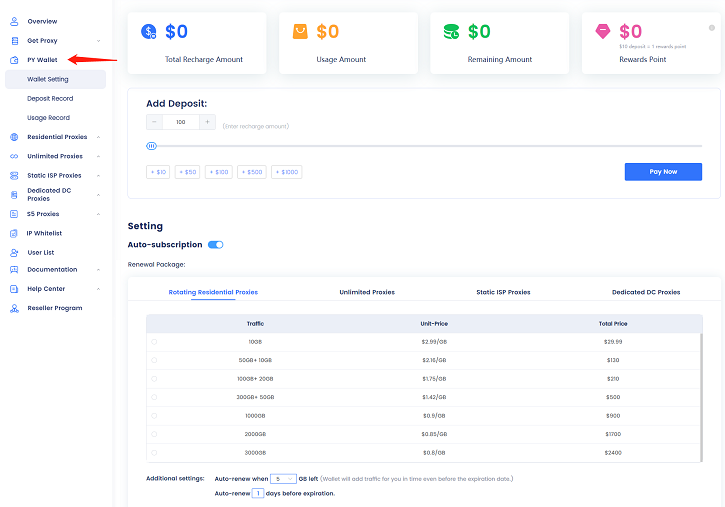|
choice to browse the web anonymously As the time we spend online across all our digital devices grows, so do the risks of falling victim to cyberattacks. To get more news about changing ip address, you can visit pyproxy.com official website. There were 82% more ransomware-related data leaks last year. Online censorship and internet shutdowns increased worldwide, according to Freedom House. Still, too many big tech companies are abusing users' data. This was precisely what web hosting provider Fasthosts wanted to know. Namely, how users have changed their online privacy protection habits. What they found is that VPNs are the ones tracing the path forward. Proxies down, VPNs up Their data shows that the interest in VPN companies have been thriving since 2015. Virtual private networks providers are reaching more and more people seeking to secure their digital life. NordVPN has registered a staggering rise in searches of 2,523%. Its closest competitor ExpressVPN has reached 597% more searches, while a 490% increase is what has been experiencing Surfshark since its inception in 2018. At the same time, the interest for proxy servers keeps reducing. Despite a spike over last year, the searches for such software fell down a considerable 62% during the same period. Among on-and-off drops for the past few years, also the Tor browser saw a decline in popularity of 46%. VPNs are generally easier to use than proxy servers. They can also accommodate a wider range of user cases, while still offering extended security features. It is also worth noting the boost in marketing campaigns from VPN providers over the last few years. Whatever the reason behind the choice of tools, the trend shows how increasingly more users worldwide are worried about their online privacy and are willing to learn how to protect their data. "We’re even seeing people using virtual private servers (VPS) to create their own VPNs for further safety, the lengths people are willing to go to to protect themselves in an increasingly digital world," said Stark. "I can’t imagine we’ll see interest in these services wane anytime soon, either for security reasons or to access a whole bevy of otherwise unavailable streaming content, so it will be interesting to see how corporations adapt to this virtually invisible data-blocker." |
 |
